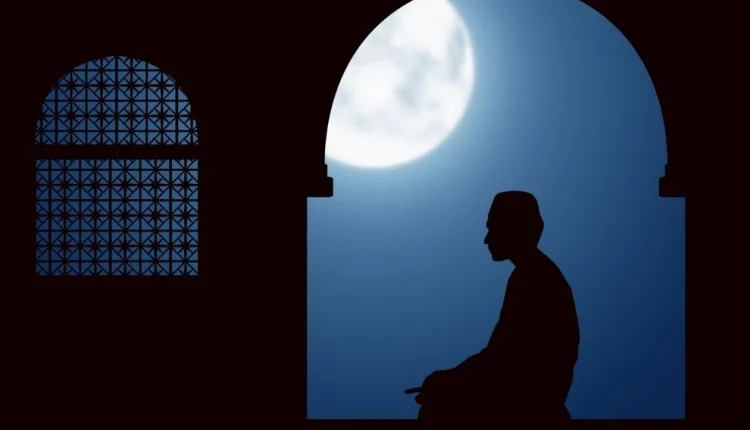
The Sunnah of the Late Night Prayer (the Tahajjud)
People who follow the Sunnah and get up at night in order to perform the Tahajjud Prayer are described in the Holy Qur’an as follow: “They do forsake their beds of sleep, while they call on their Lord, in fear and hope, and they spend (in charity) out of the sustenance which We have bestowed on them. Now no person knows what delights of the eye are kept hidden (in reserve) for them—as a reward for their (good) deeds.”1
As our Prophet ﷺ got up at night for the Tahajjud Prayer, which was assumed fard (obligatory) to him, he also advised the believers to get up for the Tahajjud Prayer. He said “I recommend you to get up at night because it is the tradition of righteous people and means of getting closer to God. It is a protector from sins, expiation for evils and repellent for the physical disorders.”2
To be able to wake up at night, it is important to go to sleep with the intention of getting up for the Tahajjud. Our Noble Messenger ﷺ describes the importance of this intention by saying, “Those who sleep with the intention to get up and worship at night but can’t wake up till morning as the sleep prevails are rewarded as if they worshiped at night due to their intention. Their sleep turns into alms (sadaqah) for themselves that Allah (may He be glorified and exalted) granted.”3
Other hadiths and narrations about the Tahajjud include:
- The respected A’isha (may God be pleased with her) observed that the Messenger of Allah (ﷺ) used to observe the Prayer in the night and the last of his (night) Prayer was the Witr.4
- It was narrated that Hudhaifah said: “When the Messenger of Allah (ﷺ) got up to pray the Tahajjud at night, he would brush his teeth with the siwak.”5
- Narrated Abu Hurayrah (may God be pleased with him): Allah’s Messenger (ﷺ) said: “The most excellent Prayer after that which is obligatory is the (voluntary) Late Night Prayer (the Tahajjud).” [Reported by Muslim].6
- The respected A’isha (may God be pleased with her) reported that when the Messenger of Allah (ﷺ) missed the Night Prayer due to pain or any other reason, he observed twelve rak’ahs during the daytime.7
